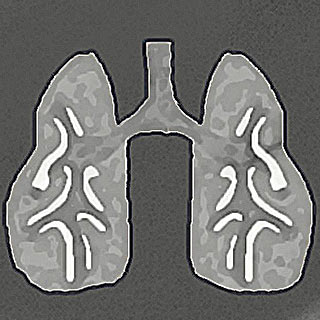
The Cystic Fibrosis Trust estimates that this inherited condition affects more than 8,000 people in the UK. People suffering from cystic fibrosis may find it difficult to breathe and digest their food because of the thick mucus which clogs their digestive system and lungs in addition to their other internal organs.
Lead investigator, Dr. Rolf Kuemmerli, a former researcher at the University of Edinburgh, says, “Treating cystic fibrosis patients with drugs that clear their lungs delivers short-term relief for the patient, but may have long-term health benefits too. We hope that our findings will underline the need for treatments that target mucus in the lungs.â€
Apparently, the bacteria infecting the lungs of cystic fibrosis patients gather nutrients from their surroundings. This information was based on the fact that often bacteria assist each other to scavenge whatever they require from the environment. However, some of the bacteria may prefer to steal nutrients from their neighboring bacteria, and do not actively hunt.
It was observed that the co-operating kind of bacteria may be more in number than the others in a thick and sticky environment (like thick mucus). Quite contrary to this, in a more liquid and gooey environment (like mucus broken down with drugs), an increase is notably noticed in the number of thieving bacteria. In fact, such a great amount of increase is noticed in this type of bacteria that they may eventually even outnumber the scavenging type. However, since these bacteria are not used to active hunting, their growth may decelerate.
Thus, indicating that liquefying lung mucus is apparently expected to curb the harmful effect of cystic fibrosis-related infection.
These findings have been published in the Proceedings of the Royal Society B.
